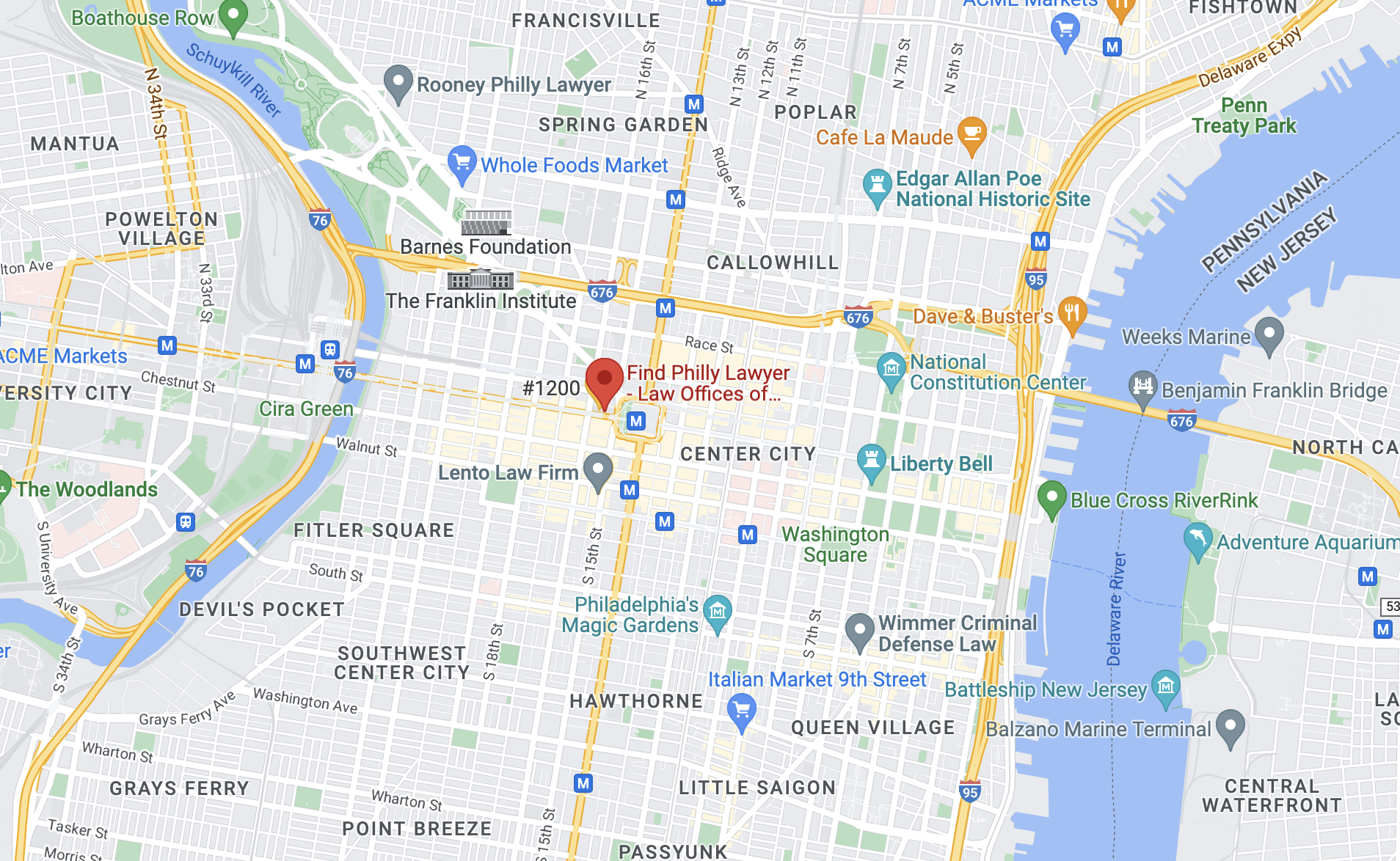Sexual assault and rape are a sensitive topic for many people. For college students, being accused of committing a sexual offense can be catastrophic. Not only would the criminal penalties for these offenses be severe if convicted, but a student may also be unable to continue their education at any reputable institution. If you attend the University of Pennsylvania (UPenn) and you were accused of a sexual offense, you should consult with an experienced sexual assault defense attorney for UPenn students.
The Law Office of Lonny Fish understands how a sexual offense can substantially impact a student’s life, and we are here to provide you with the criminal defense you deserve. As a student, a sexual offense can impact scholarships, housing, and even your ability to attend a school. You do not have to fight your criminal case alone. Contact the Law Office of Lonny Fish at (215) 826-3314 to schedule your free legal consultation. You can also contact the firm online.
Sexual Assault + Rape Defense Laws for University of Pennsylvania Students
Sexual assault and rape are serious criminal offenses in the State of Pennsylvania. If a person is accused of sexual assault or rape, these offenses can substantially impact every aspect of their life from their academic career to their ability to obtain employment. The following describes the elements the prosecution must prove to convict a defendant of sexual assault or rape.
Elements of Sexual Assault
Sexual assault occurs when an offender engages in sexual intercourse with another person against their will. Consent is one of the most important elements that must be proven to establish that a defendant committed sexual assault. For example, if a victim gave consent to engage in sexual intercourse but later withdrew their consent, an offender that continued the act could be charged with sexual assault. There are other scenarios where consent could become an issue in a sexual assault case:
- A victim being under the influence of drugs or alcohol
- Victims that are under the age of consent in Pennsylvania
- Victims that are unconscious
This is not an exhaustive list. There are other instances where consent could be an issue for sexual assault.
Involuntary deviate sexual intercourse is another offense that falls under the umbrella of sexual assault. Involuntary deviate sexual intercourse occurs when an offender engages in nonconsensual sex acts with the mouth or anus of another person. For example, if an offender attempts to force their genitals in the mouth of another, this could be considered involuntary deviate sexual intercourse.
Elements of Rape
Rape is different from sexual assault because rape requires that the offender engages in nonconsensual intercourse by force or threat of force. For example, if an offender holds down a victim in order to have sex with the victim, this is a form of rape. Rape can also occur under the following circumstances:
- Having sexual intercourse with a victim that is unconscious
- Engaging in sexual intercourse with a person incapable of giving consent (e.g., mental impairment)
- Using drugs or alcohol to coerce a victim into having sex
As you might have guessed, rape is a more serious offense in comparison to sexual assault. This means that a defendant can receive more severe penalties for a rape conviction. To learn more about the penalties and consequences of a sexual offense for a student, you should continue reading and speak with an experienced rape defense lawyer for UPenn students.
How Rape or Sexual Assault Can Affect a UPenn Student’s Career
Rape and sexual assault are offenses that can result in severe penalties if a defendant is convicted. A conviction for these offenses will not only land you in prison, but it will also tarnish your academic reputation.
In Pennsylvania, sexual assault is usually charged as a second degree felony. A second degree felony is one grade away from a first degree felony, which is the highest degree of a felony in Pennsylvania, aside from a capital crime. If a defendant is convicted of a second degree felony, the defendant can serve up to 10 years in prison and can owe up to $25,000 in criminal fines.
Rape is graded as a first degree felony. If a defendant is convicted of a first degree felony, they can be sentenced to a maximum of 20 years in prison and could owe up to $25,000 in fines. Additionally, if the defendant engaged in the rape of a child under the age of 13, they could be sentenced to life in prison.
In addition, a UPenn student accused of a sexual offense can face many other issues. For example, their institution will likely consider the offense as a violation of the code of conduct. This could mean that a student may have to contend with a criminal case and a disciplinary hearing from their institution.
If a student fails to prevail in a disciplinary hearing, it could negatively impact their academic career. The student could lose scholarships, school housing, financial aid, and many other privileges provided by the institution. That is why it is important to work with an attorney that can help manage these legal issues.
Consult with Our Experienced Sexual Assault and Rape Defense Lawyer for UPenn Students
If you are a UPenn student that was accused of a sexual offense, you should contact an experienced rape defense lawyer for UPenn students. Criminal defense lawyer Lonny Fish possesses extensive experience litigating complex sexual offense cases, and he is here to fight for you. To schedule a free legal consultation to discuss your case, contact the Law Office of Lonny Fish at (215) 826-3314.



 Liberty Law Team
Liberty Law Team  (215) 826-3314
(215) 826-3314 lonny@libertylawteam.com
lonny@libertylawteam.com





